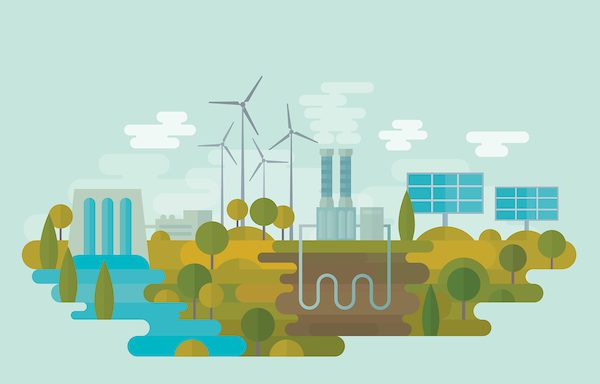
Program evaluation is becoming ever more crucial in the natural resources and energy field, helping decision makers judge an initiative’s effectiveness. The professional master’s program in Resource and Energy Demand Analysis (REDA) at the University of Wisconsin-Madison teaches program-evaluation skills in an econometrics class that analyzes real-world data.
Bill Provencher, a professor of agricultural and applied economics, uses Opower’s Home Energy Report program as an example. The program encourages residential customers to conserve by providing them with reports that detail their energy use. In his econometrics class, Provencher shows students how to evaluate the Home Energy Report program by statistically comparing the energy use of customers who get the reports and those who don’t.
“We’re trying to teach students how to evaluate these kinds of programs,” Provencher says. “How do you use this big data that’s coming online and help utilities make decisions about what programs are good and what programs aren’t so good? I spend a lot of time talking about the statistical tools and analytical techniques.”
Protecting natural resources
The professional master’s in Resource and Energy Demand Analysis is the first program of its kind, preparing students for careers with utilities, consulting firms, regulatory agencies, and other organizations involved in conserving energy and protecting natural resources. It allows them to interact with industry professionals and earn a master’s degree in under a year. The growth in energy and resource conservation initiatives has created a need for people who understand economic modeling, big data, and cutting-edge analytics.
For more information, watch the video above or see here.